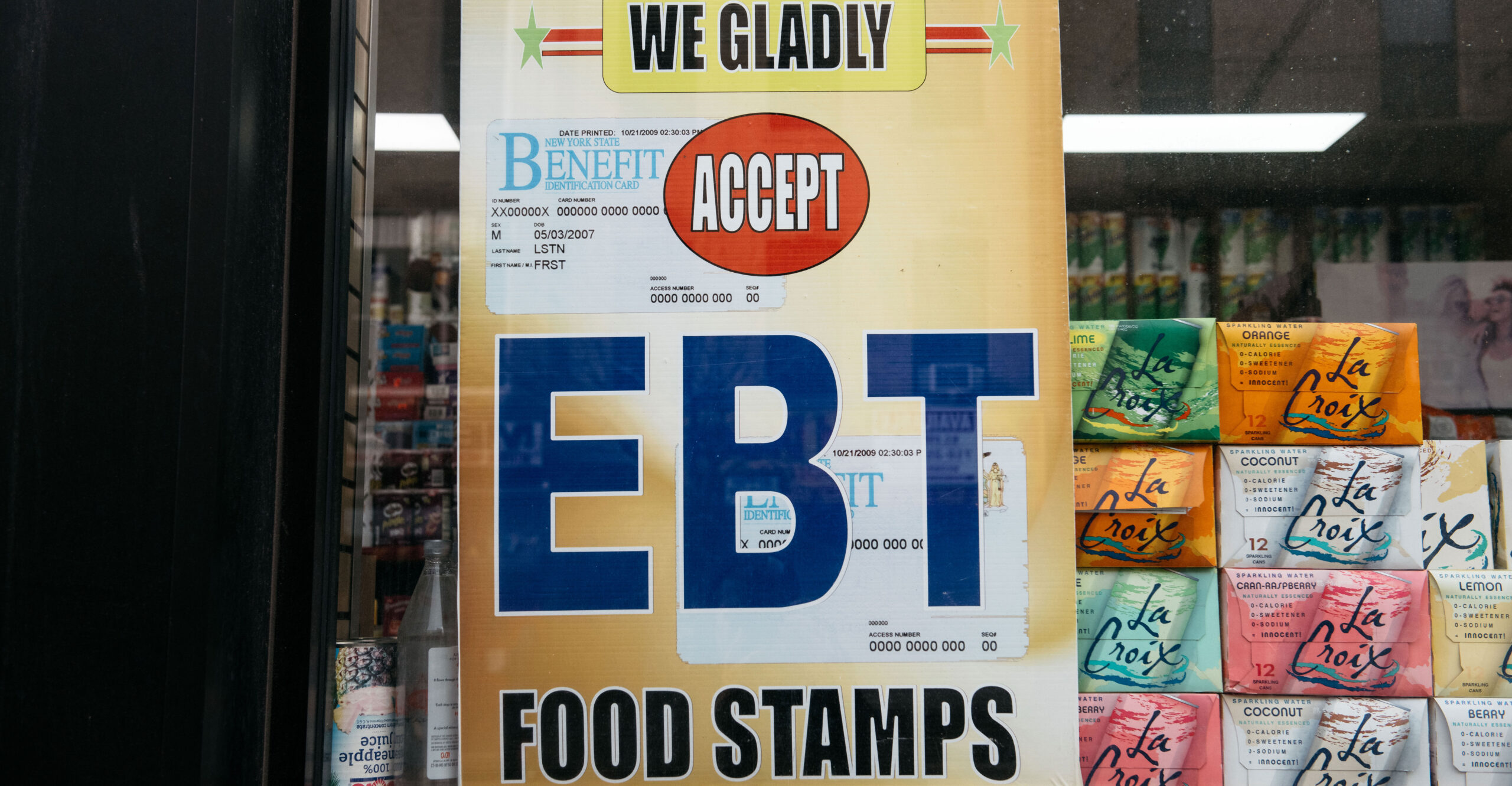House Republicans released their budget resolution last week, and the proposal takes some important steps to advance reforms in welfare programs.
One of the ways it aims to accomplish that is by inserting much-needed work requirements into the Supplemental Nutrition Assistance Program, commonly known as food stamps.
Such budget documents typically do not provide specifics, so it’s not possible to critique the policy details. However, the overall goal to strengthen SNAP work requirements is correct.
SNAP is one of the largest of the government’s means-tested welfare programs and continues to grow. Forty-two million Americans (13% of the population) were receiving benefits as of May. Program spending surged during the COVID-19 pandemic, and while costs are expected to decline during the next decade, they are projected to remain far above pre-pandemic levels.
Republicans made some small changes to SNAP work requirements in this summer’s debt-ceiling bill (although it’s questionable how significant these changes were). It’s encouraging to see them continue to discuss the need for stronger SNAP work requirements in the budget resolution.
In the latter, Republicans also call out the Biden administration for using executive overreach to dramatically increase SNAP benefits. In 2021, it boosted SNAP benefit amounts by more than 20%, the largest one-time increase in the program’s history.
The Government Accountability Office reported that the Biden administration’s process to justify those benefit increases was rushed, skipped important steps, and violated best practices. Republicans are right to bring this up in their budget and to focus on rolling back this massive increase to SNAP benefits.
SNAP is just one of nearly 90 means-tested welfare programs funded by the federal government, though.
Policymakers and the public often think of the U.S. welfare system as just a handful of programs, and Congress typically debates welfare programs one at a time. In reality, the U.S. welfare system is a web of programs costing more than $1 trillion annually.
When discussing the budget and in considering reforms to welfare, it would be wise for policymakers to consider the entirety of the welfare system and outline the size of it in their budgets.
Greater transparency about the size of the welfare system would provide the best context for discussing welfare reform and for debating how to prioritize spending on welfare programs.
It’s an important goal to strengthen SNAP’s work requirements and see that the program is promoting upward mobility through work for able-bodied adults. Policymakers should continue to push for stronger work requirements to SNAP and in other welfare programs.
The farm bill debates are also currently taking place in Congress. (SNAP is by far the largest program funded under the farm bill.) Reforming SNAP work requirements should be a top priority in that process.
Upward mobility should be the goal of any good welfare system, and SNAP work requirements are a good place to start.
Have an opinion about this article? To sound off, please email letters@DailySignal.com and we’ll consider publishing your edited remarks in our regular “We Hear You” feature. Remember to include the URL or headline of the article plus your name and town and/or state.

